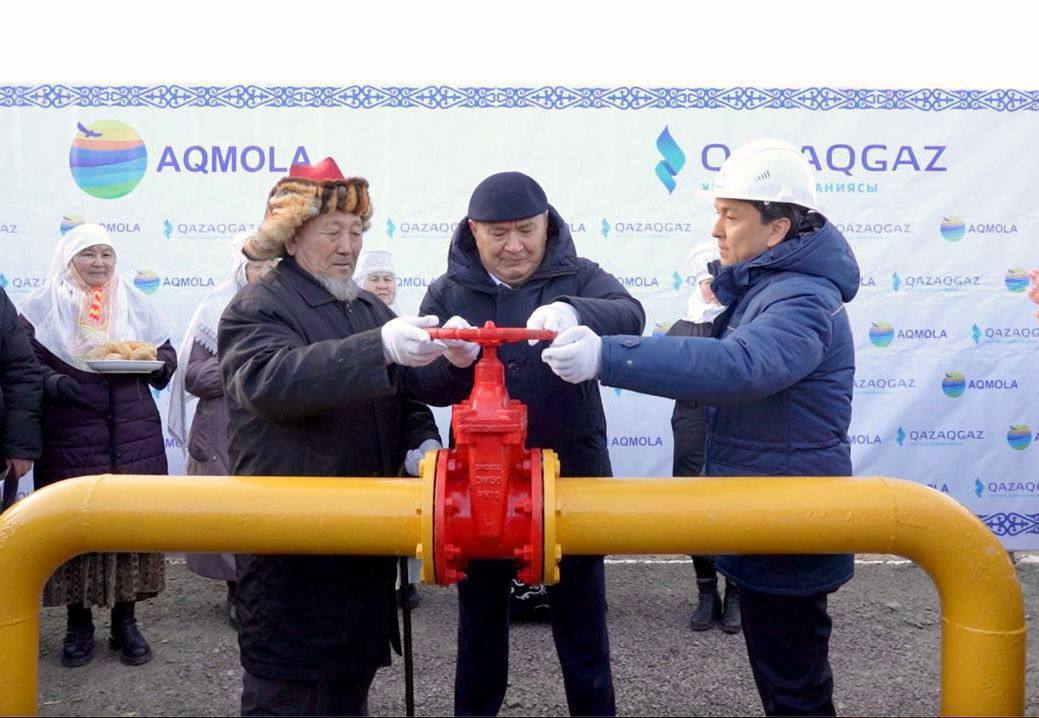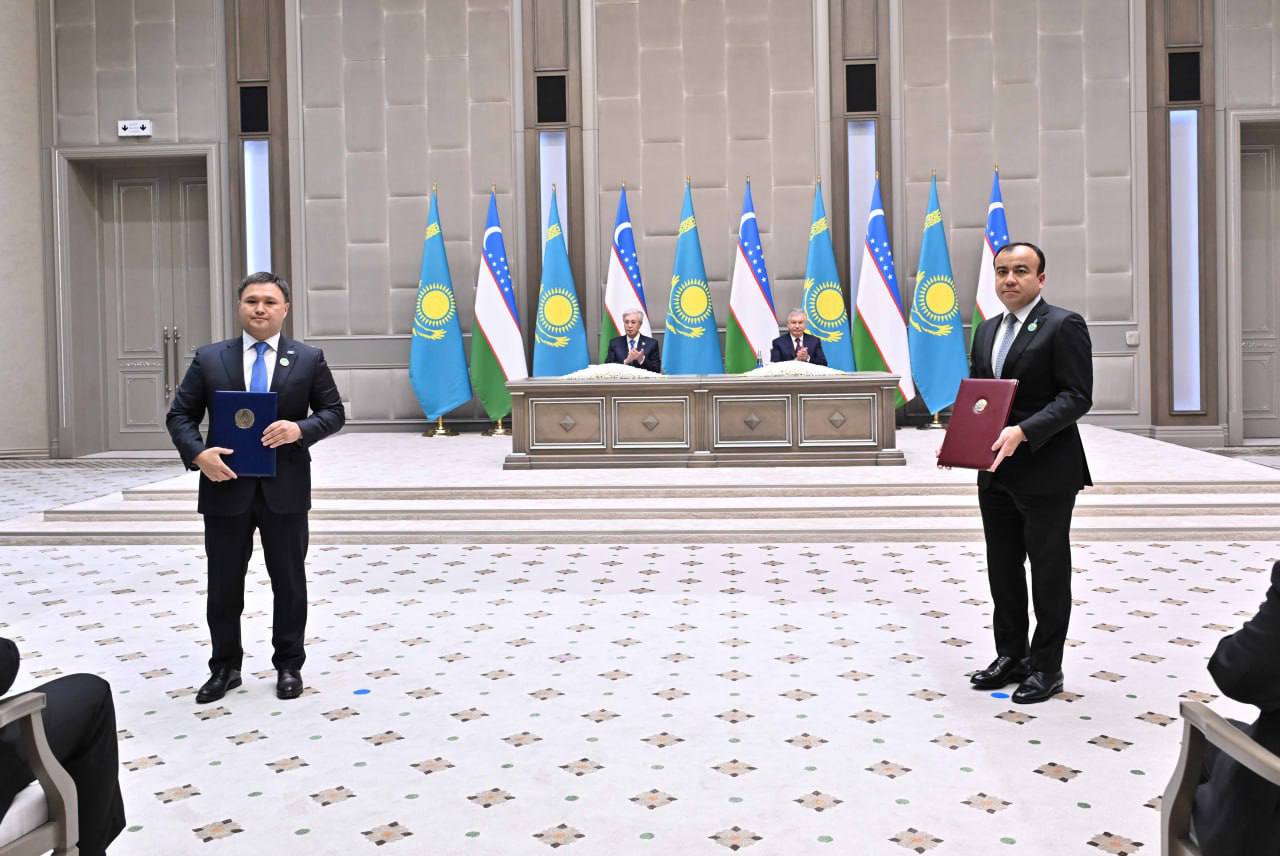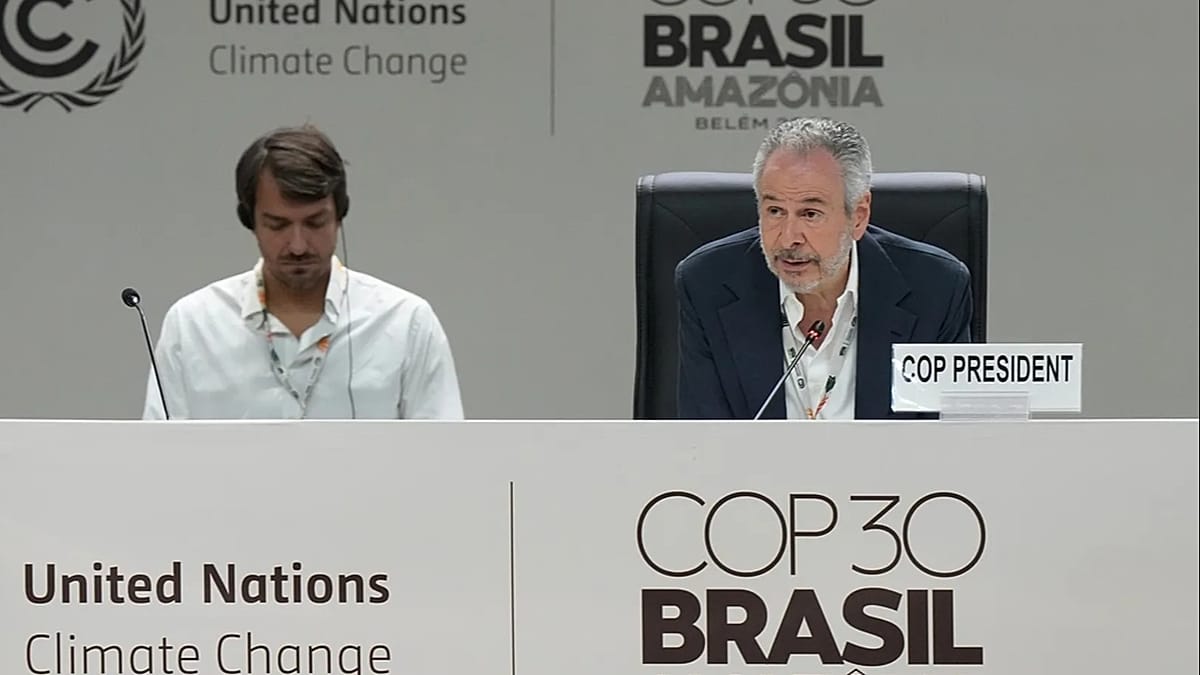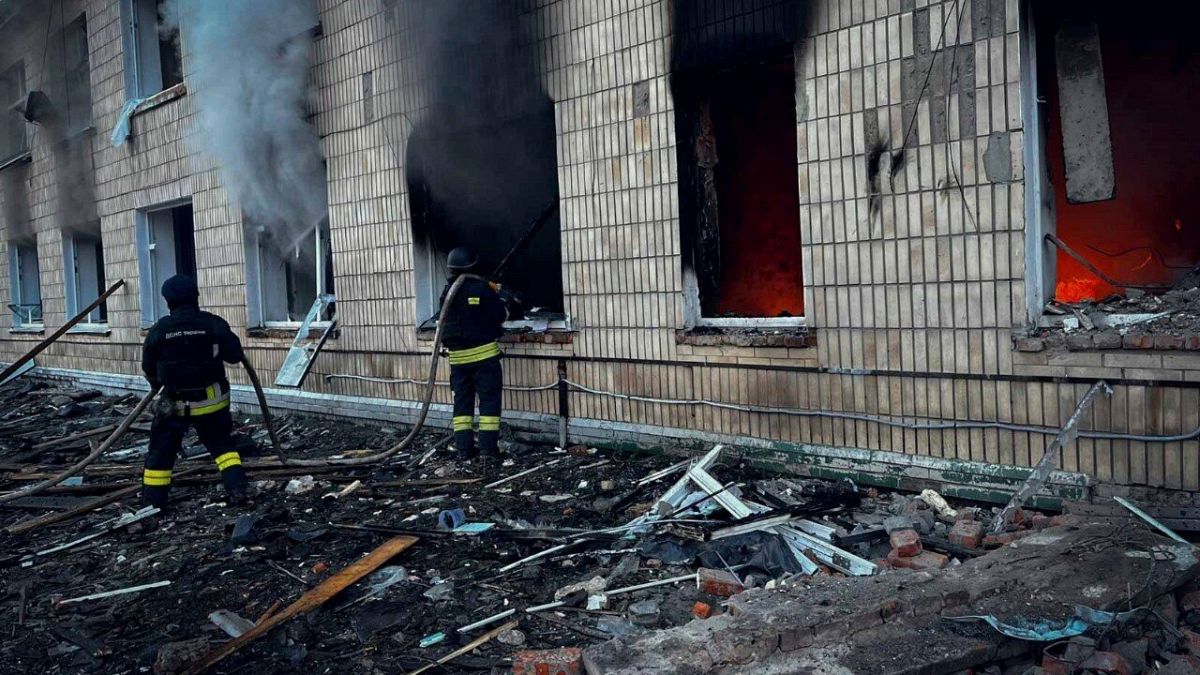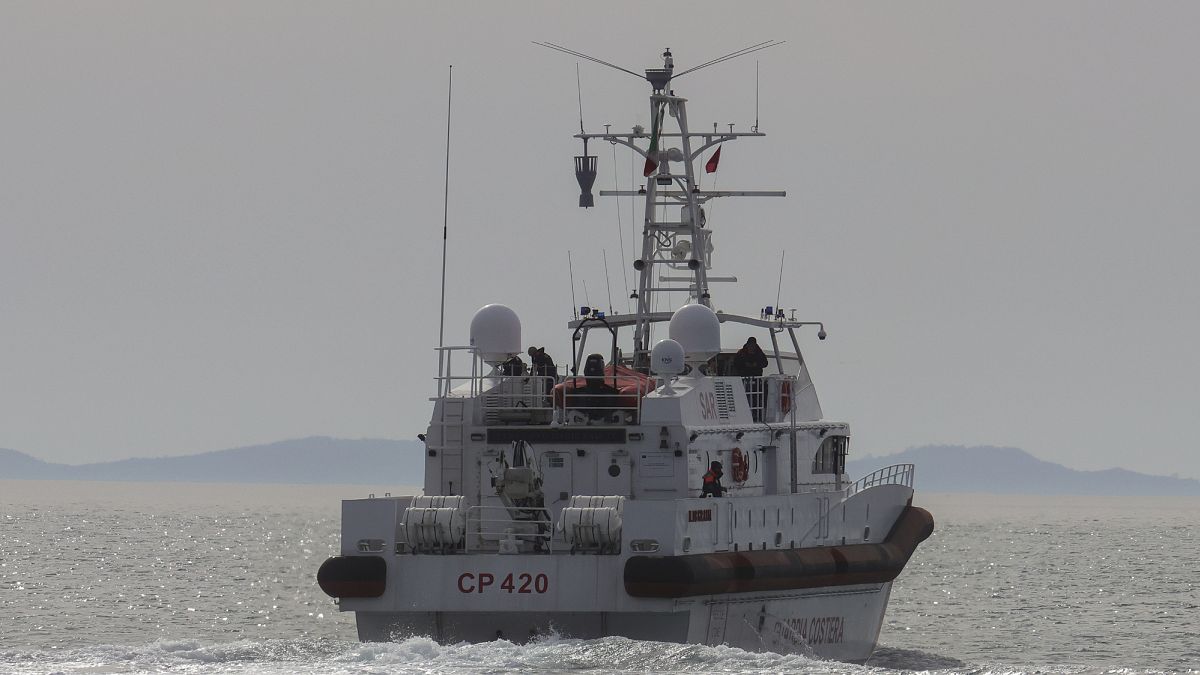Negotiations on EU Anti-Corruption Directive continue

Brussels – The negotiations between the EU institutions regarding the EU Anti-Corruption Directive are ongoing: According to the Polish presidency of the Council, the so-called trilogue negotiations ended without a result on a joint text on Tuesday night. According to media reports, major obstacles include not only Germany but also Austria, Hungary, and Italy. Austria still sees a need for partial improvements, as stated in response to an inquiry from the Justice Ministry.
Austrian welcomes the measures for combating corruption at the European level and has supported the position of the Council of Ministers, according to the Justice Ministry. However, in the course of the ongoing negotiations between the representatives of the Council and the EU Parliament, there is, from the Austrian perspective, a need for improvements in certain criminal and statute of limitations provisions. Furthermore, the procedure for lifting immunity through Parliament, as constitutionally provided in Austria, should be maintained.
Proposal sets EU minimum standards
The proposal for the directive sets minimum standards for the definition and sanctioning of corruption offenses, preventive measures, and regulations for more effective investigations and prosecution measures. For the first time, EU-level regulations on corruption in the public and private sectors are to be consolidated in a single legal act. Until now, there have been two separate EU laws, a legal act from 2003 on corruption in the private sector and a convention from 1997 against bribery of officials. The Polish presidency of the Council will continue to try to achieve a negotiation result quickly. It has until June 30; on July 1, Denmark will take over the EU Council presidency.
According to the position of the Council of Ministers, all EU countries should be required to criminalize the same acts of corruption and define these acts in the same way. Member states are responsible for offenses committed by their citizens within their territory. Furthermore, a member state can extend its judicial jurisdiction to offenses outside its territory if the habitual residence of the perpetrator is within its territory. (18.06.2025)


